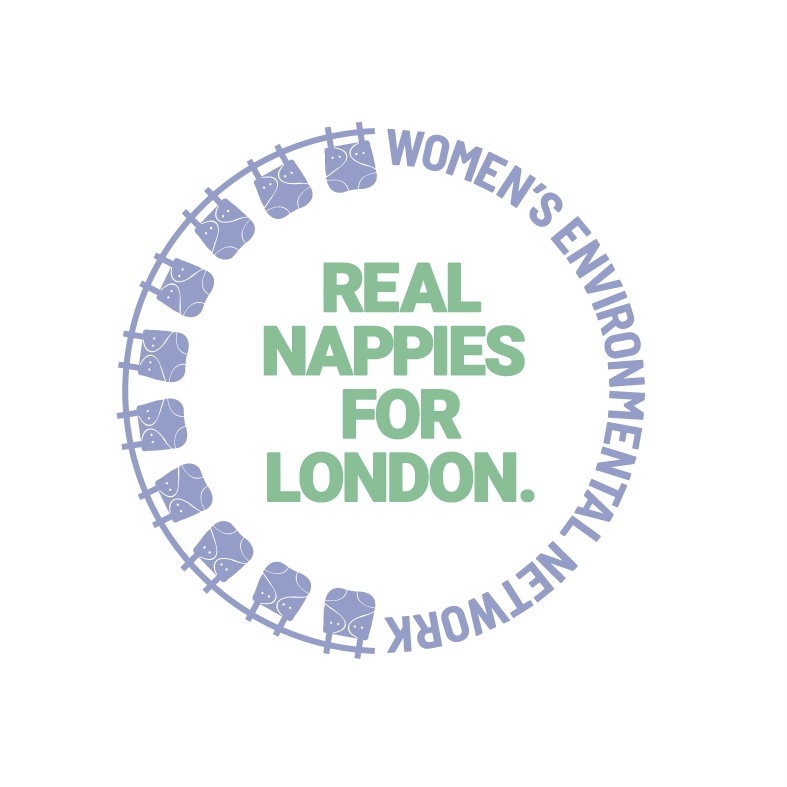From looking at this Mirror headline you would think it was a waste collection story or even a ‘right to privacy’ issue. But what’s behind it is actually a serious public health and education crisis. Over the last 20 years, since disposables became the norm, children are being potty trained later and later. The idea has taken hold that children potty train themselves when they are ready. This may be true in some cases but most need some intervention, or even better access to a potty from a year to 18 months.
Public Health England has made toileting independence one of 10 ‘School Readiness Indicators.’ These indicators determine the life outcomes of the adult. It’s a serious issue. People who became parents more than 10 years ago are probably scratching their heads as to why such an indicator would be needed as until very recently only a small percentage of children wore nappies beyond the age of two and a half.
If a small percentage of children arrive at school in nappies that’s normal. When 30% of children arrive at school in nappies it is not. Across the World, where there is only scant use of single-use nappies the normal age for a child to achieve day-time toileting independence around 2. It was normal in the UK up until the 1970s.
Children arriving at school in nappies is an educational issue (teachers spending time changing nappies rather than teaching) but it’s also a poverty issue: families on low incomes spending money on nappies. It’s also a health issue as children still in nappies after 3 are more likely to suffer from constipation and urinary tract infections. Preventing these problems saves our health service money and more importantly prevents pain and anxiety to the child and carer. Also, if children potty training between 3 and 4 is the norm it becomes less easy to identify children who have special needs where this may be a key indicator. Basically, it’s not a good idea.
Real Nappies for London has been working in this space trying to raise awareness of this growing problem since 2008. But this small demand by Anglesey Council has captured the public’s attention in true Donald Trump style. This is an opportunity to get the information that we’ve been gathering to parents who need good advice on how to prevent their child arriving at school in nappies.
Expectant and new parents watching this debate are learning. Who wants to be buying and changing nappies when their child is 3 if their child could be happily taking her/himself to the toilet up to 12 months before? Many have found out that they can catch their baby’s poo or pee after a feed or at nappy change time or when baby wakes up from a sleep. Holding a baby vertically over a pot can make passing a stool easier and more comfortable for baby. It can also mean the next nappy stays clean and dry for longer meaning less risk of nappy rash. Is it time health visitors started modelling catching at Baby Clinic when baby is weighed? We have suggested this already and perhaps it’s already happening in some clinics. In the USA Kandi Burruss has taken this practise to the mainstream via her blog.
Parents with toddlers over a year old need good potty training advice. You can get it here. This page of the Real Nappies for London website was written with the advice and supervision of June Rogers, the UK’s leading paediatric continence advisor.
Parents with children who wear pants but are still wetting and soiling during the day or night need good advice. They can get it at Eric. Excellent advice re other issues such as bedwetting and constipation is also available form PromoCon.
Parents with children with special needs can also get excellent advice from PromoCon, the charity that has supported so many parents of children with special needs to help their children gain toiletting independence.
Nurseries that want to engage parents to potty train their children through play, looking at books and singing (at the same time encouraging imaginative play and language development) can access the services of the Lewisham-based charity Creative Homes.
We need to call time on the scaremongering seen in this Huffington Post article. Children all round the world gain toileting independence around 2 years. The important point is for parents to access good advice like this from Amber Hatch or Born Ready and be made aware of the difference between ‘catching’ and the child taking control of their own body and knowing when they need the potty/toilet. This is typically where problems occur but they can be prevented if parents can find good information.
Finally we need to applaud and respect Anglesey Council. They have had the courage to bring this issue to the public’s attention. This is a brilliant opportunity. This simple action has the potential to accelerate the idea that the vast majority of children can be happily toileting independent and out of nappies by their third birthday.
PS if your child is still wearing nappies beyond 3 despite encouraging use of the potty you will find using a terry towelling square or prefold inside a fitted modern waterproof nappy wrap means you save money on disposables and have no nappy waste for the binmen to collect.
